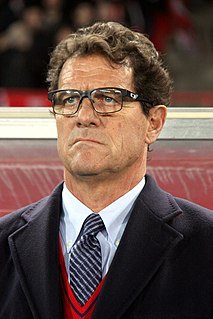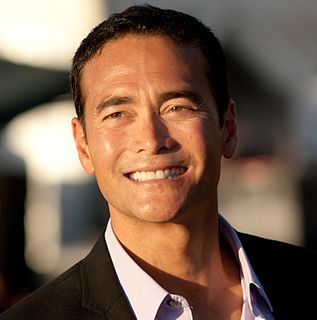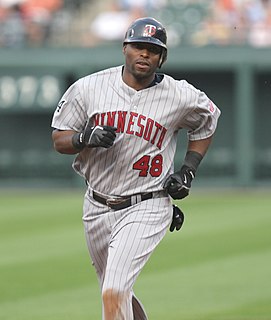A Quote by Friedrich Nietzsche
Do you suppose that sacrifice is the hallmark of moral action?--Just stop to consider whether sacrifice is not involved in every action that is done with deliberation, the worst as well as the best.
Related Quotes
The vigor of a mass movement stems from the propensity of its followers for united action and self-sacrifice. When we ascribe the success of a movement to its faith, doctrine, propaganda, leadership, ruthlessness and so on, we are but referring to instruments of unification and to means used to inculcate a readiness for self-sacrifice. It is perhaps impossible to understand the nature of a mass movement unless it is recognized that their chief preoccupation is to foster, perfect and perpetuate a facility for united action and self-sacrifice.
You must give what will cost you something. This, then, is not just giving what you can live without but what you can't live without or don't want to live without, something you really like. Then your gift becomes a sacrifice, which will have value before God. Any sacrifice is useful if it is done out of love. This giving until it hurts - this sacrifice - is what I call love in action.
We owe our troops the opportunity to serve in the best-planned, best-equipped, and best-led military force in the world, and we owe them the peace of mind that comes from knowing that they and their families will be taken care of if they sacrifice life, limb or the ability to sleep without war's nightmares. We owe them not just thanks and best wishes, but action, and action in our nation's capital.
There ought not be two histories, one of political and moral action and one of political and moral theorizing, because there were not two pasts, one populated only by actions, the other only by theories. Every action is the bearer and expression of more or less theory-laden beliefs and concepts; every piece of theorizing and every expression of belief is a politcal and moral action.
Of all the differences between man and the lower animals, the moral sense or conscience is by far the most important. This sense, as Mackintosh remarks, "has a rightful supremacy over every other principle of human action"; it is summed up in that short but imperious word "ought," so full of high significance. It is the most noble of all the attributes of man, leading him without a moment's hesitation to risk his life for that of a fellow-creature; or after due deliberation, impelled simply by the deep feeling of right or duty, to sacrifice it in some great cause.
[The designated or chosen leader tries to] articulate and justify the resentment dammed up in the souls of the frustrated. He kindles the vision of a breathtaking future so as to justify the sacrifice of a transitory present. He stages the world of make-believe so indispensable for the realization of self-sacrifice and united action.









































